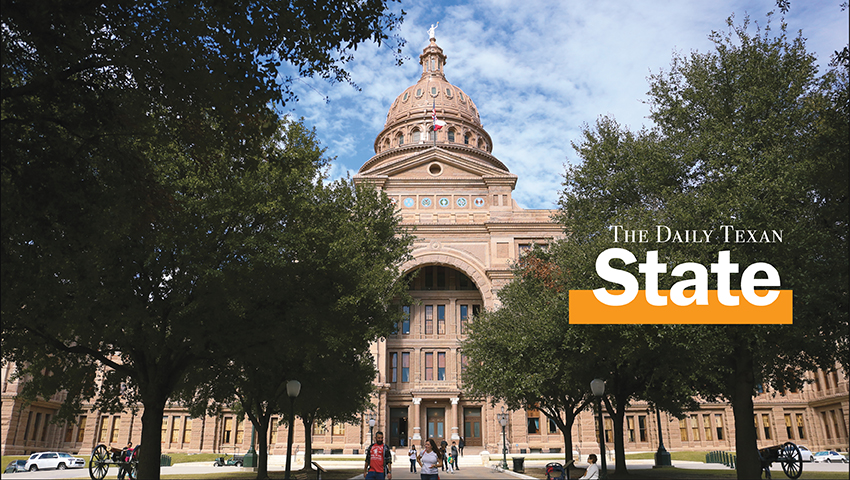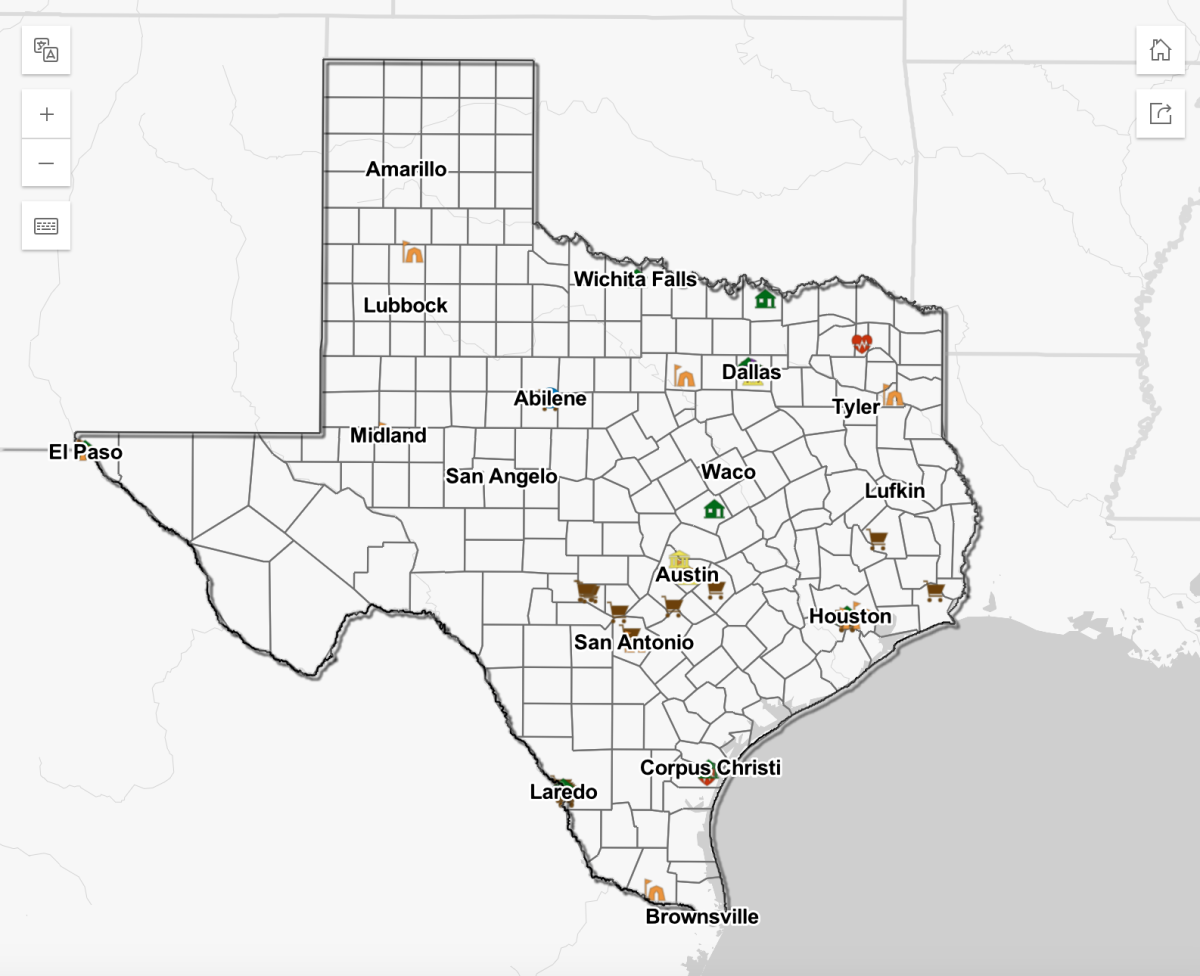In 2009, an El Paso police officer threatened to arrest two men who kissed in a public restaurant, citing the Texas penal code, which lists “homosexual conduct” as a misdemeanor.
This year, Rep. Joe Moody, D-El Paso, filed House Bill 84, which would strike that clause from the penal code and repeal the offense of homosexual conduct.
“It’s unconstitutional and unenforceable, but when we leave it on the books, it creates the opportunity for situations like the one that we experienced in El Paso,” Moody said.
The clause, also called the “sodomy statute,” is unenforceable because of the Supreme Court’s 2003 decision in Lawrence v. Texas, which determined the clause is unconstitutional because it violates a right to privacy under the due process clause.
While there may still be opposition to LGBTQ equality in the Texas Legislature, Moody said HB 84 would not change any laws substantively. Rather, it would just bring the Texas penal code up to date.
“The only justification that I can think of for someone to not be for (HB 84) is if they themselves feel that (homosexual conduct) should still be against the law,” Moody said. “So we have to keep pushing bills like this and keep moving this conversation. Otherwise we’ll never achieve true equality in the state of Texas.”
Lisa Moore, director of UT’s LGBTQ Studies program, said removing the offense of homosexual conduct from the penal code is an important step for protecting Texans’ rights.
“In practical terms, as long as it remains on the books, all it takes is a new Supreme Court decision to make sex between consenting (LGBTQ) adults criminal again,” Moore said in an email. “HB 84 is very important because it takes away the sword of Damocles hanging over the heads of LGBTQ Texans, who never know when it might be invoked to take away their rights.”
Moore said she is not a stranger to being discriminated against for being gay. When she applied for tenure in 1997, a professor on the Promotion and Tenure Committee tried to discourage her promotion because of her sexuality. Moore did not want to name the professor.
“He tried to persuade the (committee) not to promote me, despite my strong record of teaching, publication and service, because, as a self-declared lesbian, I was a ‘known felon,’” Moore said. “He was referring to the sodomy statute. He was able to convince several members of the (committee) to vote against me on the grounds that it would harm the University’s reputation to promote me just because of who I am.”
Sociology graduate student Erika Slaymaker said while the sodomy statute may be unenforceable, it reflects the homophobia of the state of Texas.
“It contributes to cultures of fear and violence in the state, and we know that law enforcement does sometimes use it against people,” Slaymaker said. “It’s part of a larger anti-LGBT context.”
Ian McEntee, humanities and sociology senior, said Texas needs to catch up to other states on LGBTQ equality.
“As a queer student, it is unsettling that it has taken the state of Texas this long to take a stand and strike a law that is unenforceable and based on a vehement hatred of a certain group of people,” McEntee said. “I think it’s time to take the stance that queer people are valid.”
Moody says that is the stance he’s taking with HB 84.
“This is about equality and doing what’s right,” Moody said.





















